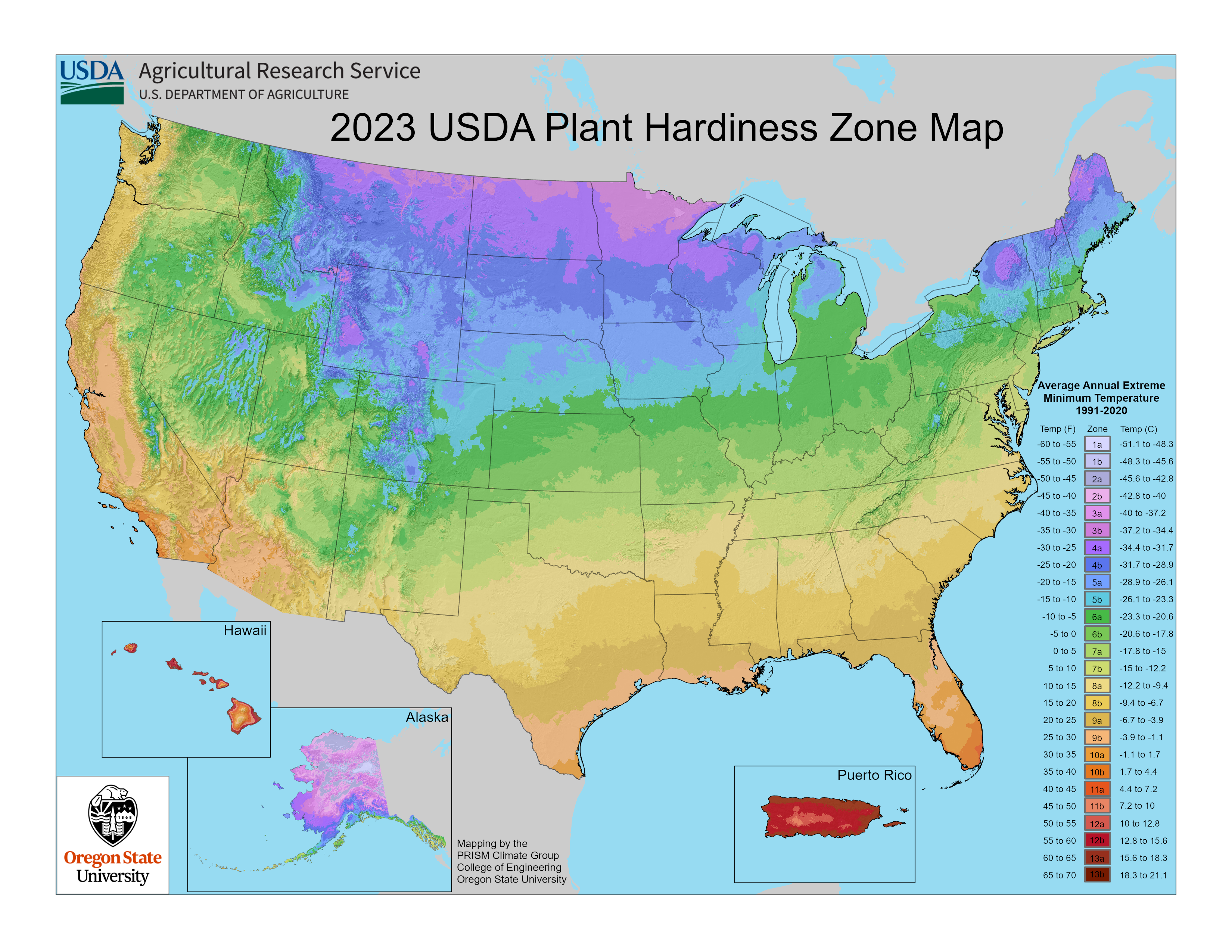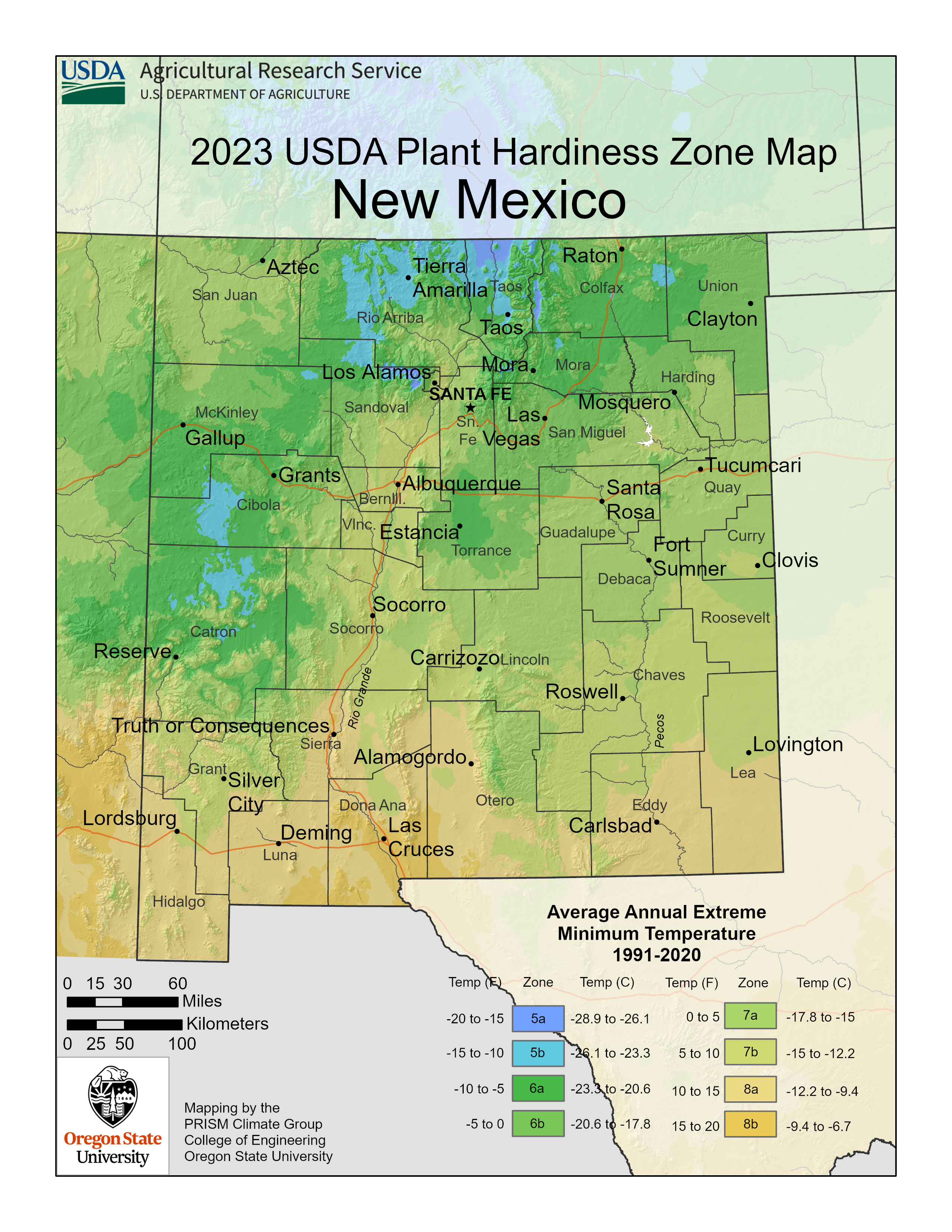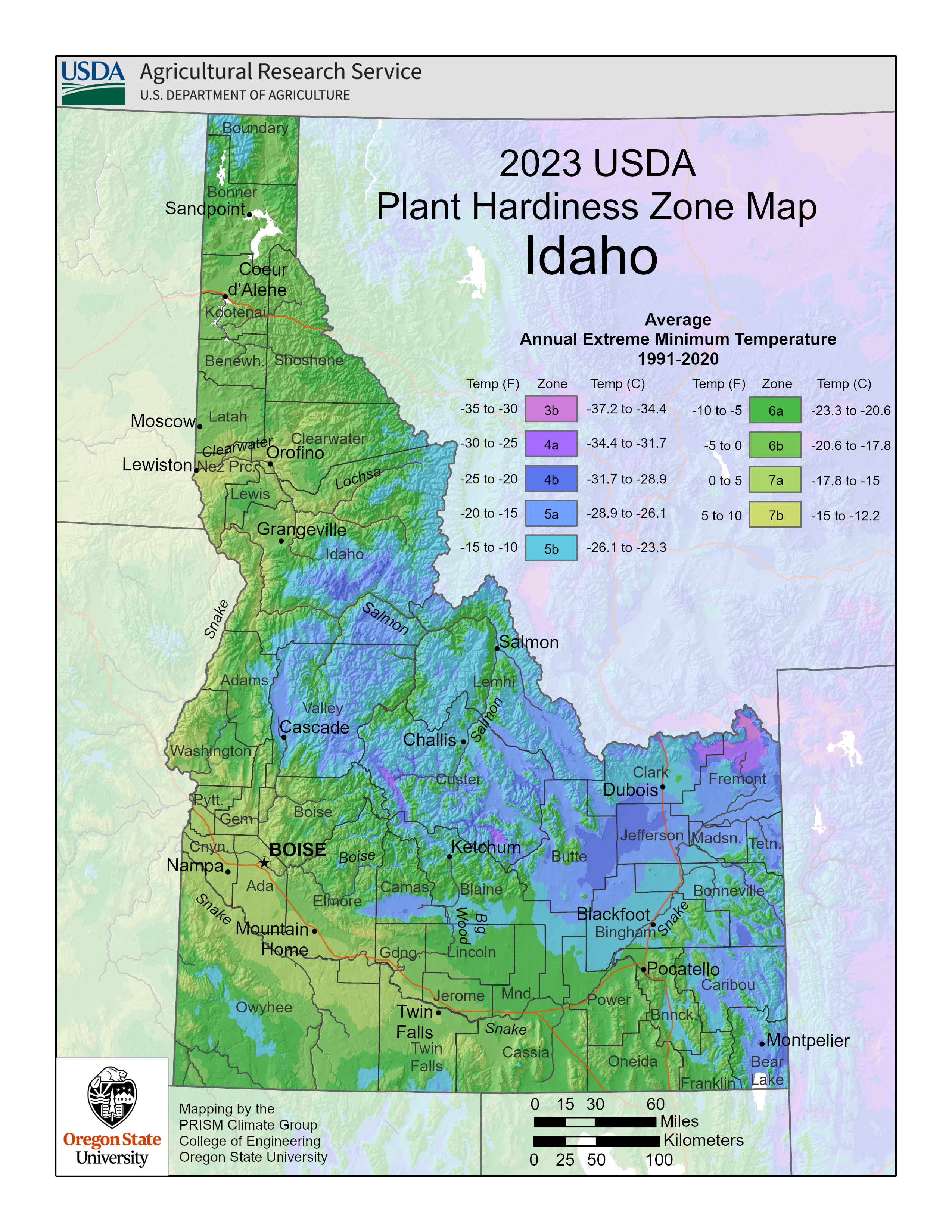If you’re asking the question, then you obviously want the very best nutrients for your soil.
But despite all the advice to be found online, you might still be scratching your head and wondering which of the two options are the best.
Don’t worry, as we’re here to help you decide.
There’s no doubt that worm castings, or vermicompost, make a fabulous compost that’s rich in nutrients and will feed your plants like they’ve never been fed before. But it’s time-consuming, can end up far more expensive than regular compost, and is rather high maintenance.
Getting the Worms to do the Work
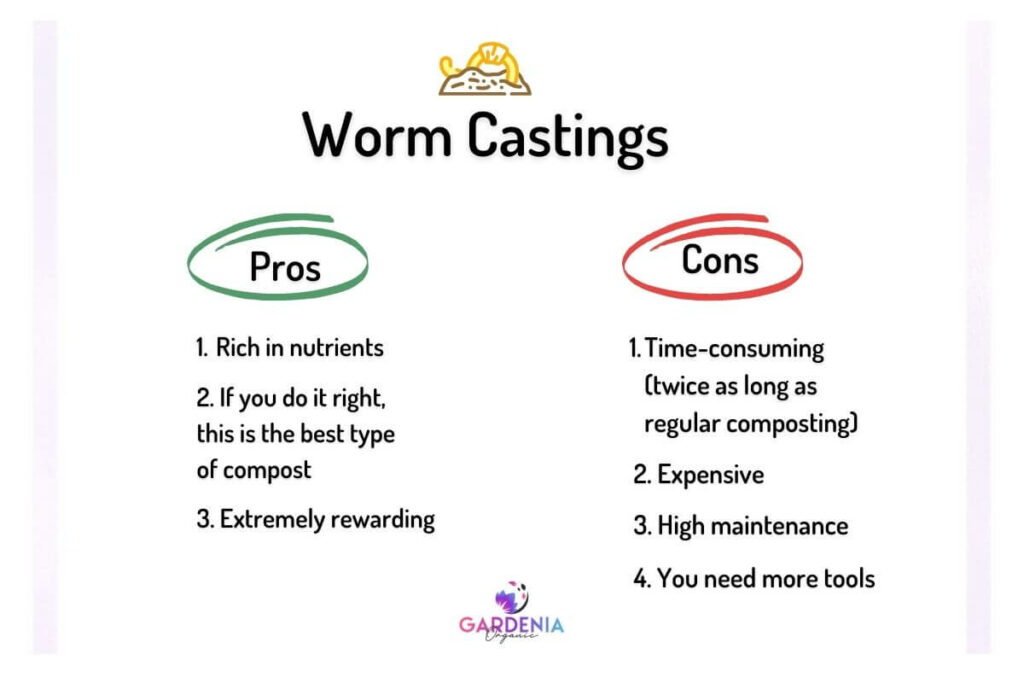
In the USA, we throw away the equivalent of nearly four and a half pounds of food per day, per person.
And yet if we were to recycle just half of that amount, then we could put back plenty of nutrients into the ground instead of having it all rot away in landfills around the country.
Fresh fruits and vegetables make for excellent worm food. And worms, once they’ve digested the food, in turn produce top-notch plant food. And so, the great cycle of life continues.
Therefore, many Americans have taken to investing in vermicomposting bins, and getting worms to do their composting for them.
You’ll Need a Specific Kind of Worm
Sadly, it’s not a case of digging up a healthy number of earthworms and giving them some leftover salad for them to work their magic with.
You’ll need either:
- redworms (Lumbricus rubellus) or
- red wigglers (Eisenia fetida)
Both are available from garden centers and even via mail order.
You’ll Need Containers
Compost worms will wriggle away if they’re not contained, even if there’s a never-ending supply of food.
Whether you buy specially designed vermicomposting bins or use large buckets with holes drilled in the bottoms, you’ll still be forking out for kit before you get started. If the budget’s tight, then this could be a deterrent.
You’ll also be limited by the space you have in the tubs.
Plan Ahead: Wanting to grow your worm farm will mean more expense, and if you have a large garden you’ll need plenty of worms in plenty of tubs in order to create the amount of finished product you want for all your plants.
How Long Have You Got?
Creating your own worm castings is certainly rewarding, but it takes a lot of time and effort. Vermicomposting takes around twice as long as regular composting (the worms need 6 months, the pile in your yard only three).
It’s certainly an educational method as young children will be fascinated by the process by which their uneaten vegetables turn into plant food, but it’s unlikely they’ll be transfixed by the worms for six whole months before harvest time.
Getting the food balance right so as not to harm or kill off the worms and making sure the bins they’re in don’t get too hot are other factors to consider.
The Question To Ask Yourself: How dedicated you are to the process?
How About Regular Composting?
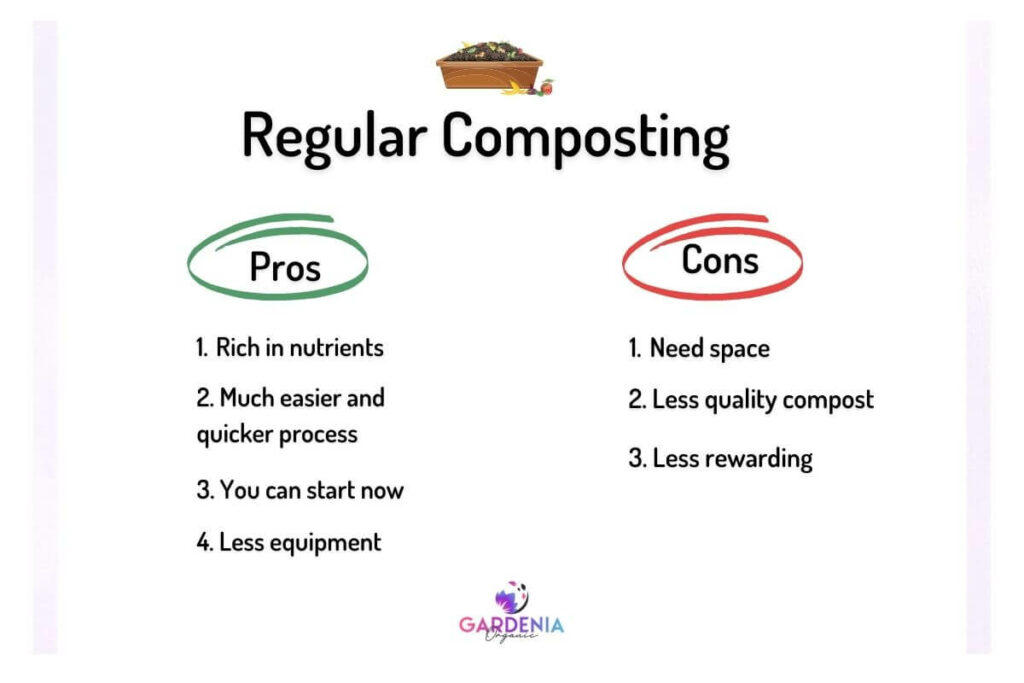
While we fully support making your own worm castings, there’s no doubt that regular composting is much easier.
Providing that you have a yard or other such space, composting requires very little in the way of equipment, so you can get started immediately.
Composting also recycles unwanted organic matter, but on a much larger scale. You can build a compost pile out of cardboard boxes, dead leaves, corn husks and grass clippings.
You can add coffee grounds, fruits, vegetables, and even teabags with relatively wild abandon.
Quick and Easy
There is, of course, a certain balancing act with all composting types, whether that’s cold or hot composting, vermicomposting, or any one of a whole list of methods. But your good old garden composting is much more fool proof.
As long as you tweak the balance of carbon rich product versus nitrogen rich product, you’ll be happily composting every year and giving your plants the good stuff.
As we mentioned, worm casting takes up to six months before the harvesting begins, and even then, there’s a very good chance that if it’s your first time getting into the worm casting game, then you won’t have the process perfected well enough to have produced the high-quality product you were after.
Regular Composting is Free
All a compost pile needs is space. Everything else is free, or at least is full of the kind of things you’d throw away anyway, such as garden waste or uneaten food (as long as it’s fruit and vegetables, and not meat and dairy, neither of which have any place on a compost pile!).
Tools You Need: There’s no specific kit that you need to buy, although it’s good to invest in a sturdy garden fork to turn the pile and make sure that it’s getting plenty of oxygen.
What About Just Buying Ready-Made Worm Castings?
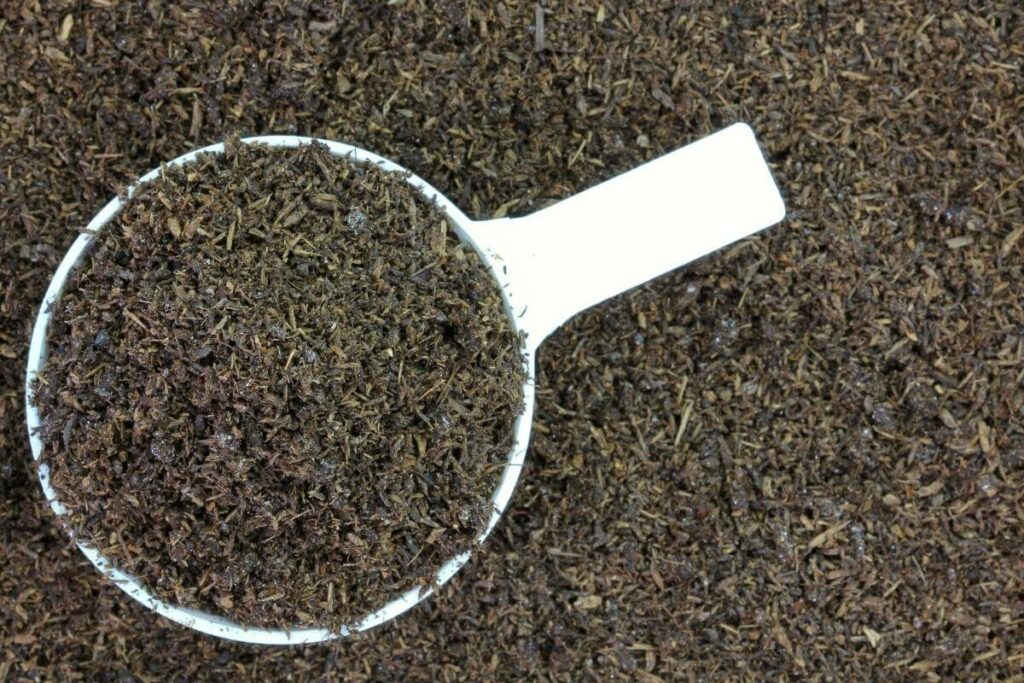
Of course, the whole issue of producing your own worm castings might be moot if you’re thinking of buying ready-made ones to put on your garden, and you can certainly get hold of them easily enough.
However, it’s much more expensive to buy ready worm castings than it is to buy regular compost. It makes sense, given all the work detailed above, but the benefits of bought worm castings over bought compost aren’t that great that the price difference is justified.
Worm castings are more beneficial than compost not just because of their nutrition but because of how they’re made, and that’s where the satisfaction truly lies.
It’s in the recycling of your own food waste, in the educational benefits to children, and in the pride of having truly played your own part in conservation.
Action To Be Taken: But if you’re in the store and you see a bag of each, then go with the compost. This one is affordable. It’ll do the job just fine and will be much kinder on your pocket.
Made Up Your Mind?
There’s no doubt that worm casting is a fabulous, environmentally responsible, and highly rewarding way of creating compost for your garden.
It all comes down to your own personal circumstances and preferences.
The most important thing is to compost! No matter how you do it, it’s a great way to feed your garden.
Related Articles
- Can I Put Compost Worms in My Garden?
- Compost Tea Feeding Schedule: How Often Should You Feed Your Plants?
- What is Black Bag Composting?
